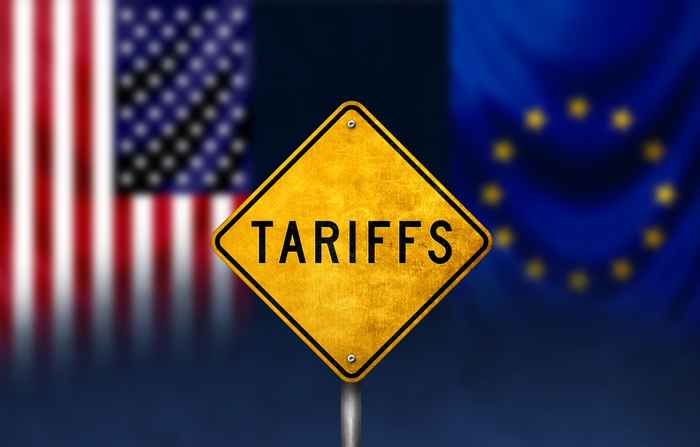Improving Europe’s business climate: ‘important, but also very difficult’
9 April 2025

That way, international companies will choose to establish themselves in Europe. ‘It’s a good idea in principle, but also very difficult to achieve’, said Volberda in an interview with Dutch broadcaster BNR
The ABS professor believes that Europe’s business climate is already unattractive for businesses. ‘That makes it all the more difficult. Due to high energy prices, Europe has become less attractive for companies, and we’re already seeing many chemical and metal industries closing down locations.’
Negative sentiment
Europe could try to position itself as a stable alternative, especially since that’s expected to remain a weak point under a potential Trump administration. ‘It’s true that stability and certainty are key factors for a strong business climate,’ Volberda agrees. ‘But the problem is that negative sentiment is now spreading to Europe as well.’
Volberda sees many obstacles ahead but also opportunities—especially in further unifying the European internal market. He points out that the Dutch Central Bank (DNB) has calculated that national barriers within the EU are equivalent to tariffs of 43 percent. Examples of such barriers include national CO₂ taxes or plastic levies.
A stronger internal market
‘There are huge opportunities to develop a stronger common market,’ says Volberda. ‘We already have a massive market, with over 500 million consumers. That business climate will become increasingly important, and it’s a real opportunity for both Europe and the Netherlands—but only if we move towards a level playing field within the EU first.’